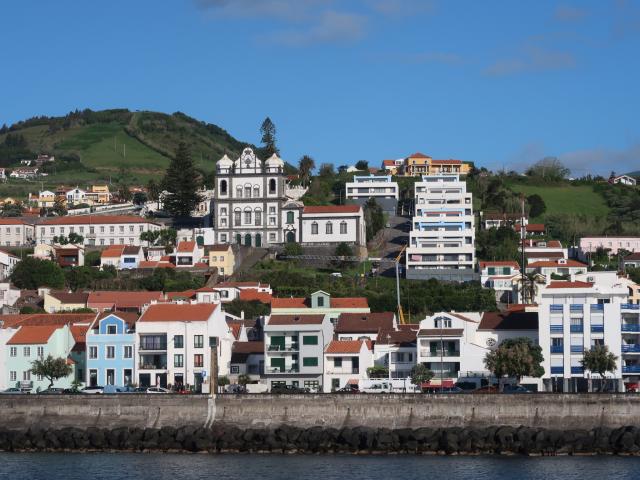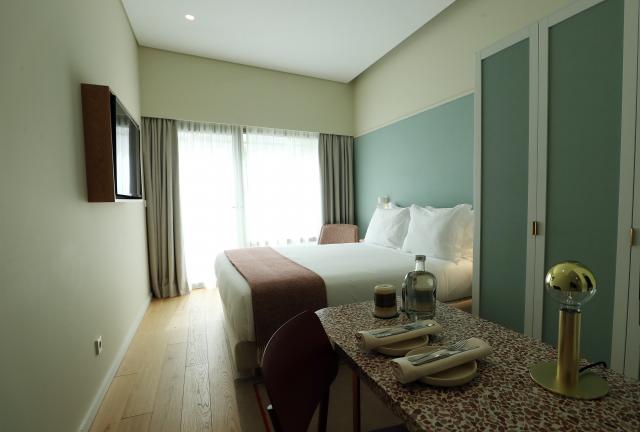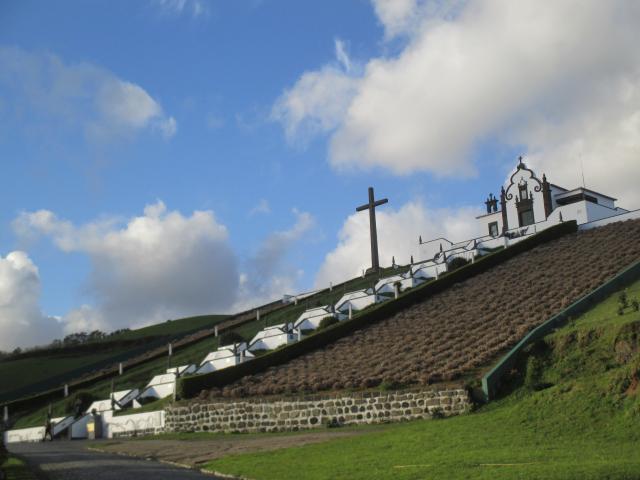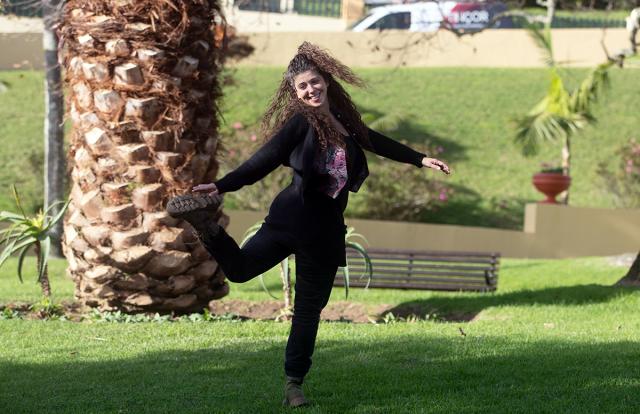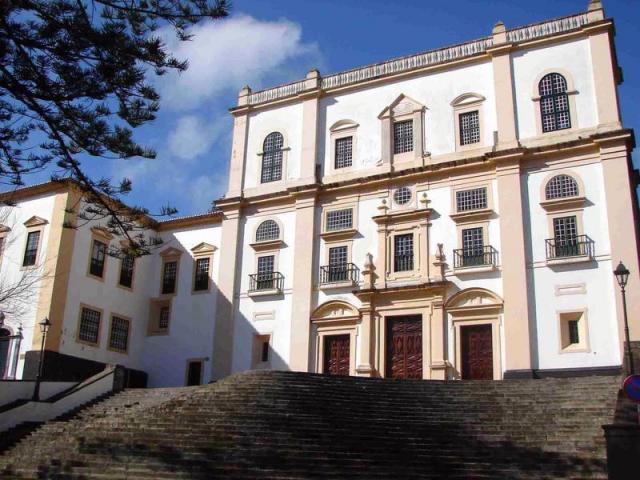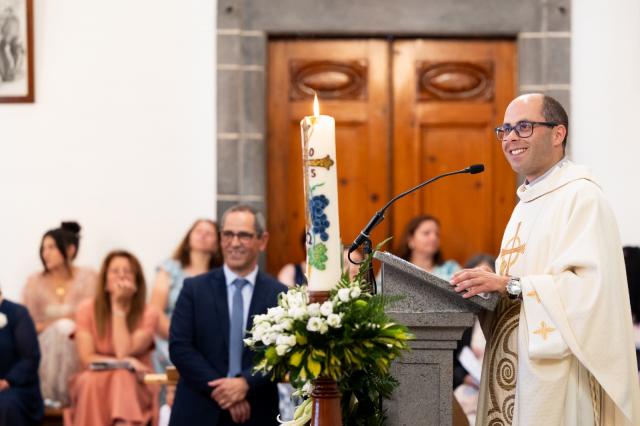What led you to accept this challenge of running the hospitality school in the Azores, with the new coalition government led by PSD, after having been part of several governments led by PS for several years?
This is not a political job... This position is equivalent to that of director of an executive board at a regular school. Of course, it has its own characteristics, since this school is dedicated to tourism training and belongs to an association that integrates the Government of the Azores, but also the Chamber of Commerce and Industry and SATA. However, what led me to accept this challenge was a 'technical' desire to participate and act in professional training in tourism, which needs a very careful look.
Upon taking office, you mentioned you wanted to briefly present an action plan for the next three years. What will your priorities be?
We are currently facing a very interesting scenario, but one that also requires great care. First, because we will face a very intense recovery in tourism. It is true that there was a pause given the pandemic, but, after the vaccination process is concluded, there will be a strong recovery. The pandemic has reinforced the type of tourism that we have to offer, which is more qualitative and offers greater contact with nature.
Therefore, soon, we will have to train professionals, even more so than we did before the pandemic. The hiring rate for new professionals in this area will be around a thousand per year. In other words, we will have a large volume of people entering the world of tourism again, which depends a lot on the workforce, on the quality of the reception. We must design a medium- and long-term action plan.
What initiatives will it comprise?
Right from the start, we must intensify training actions, both for young people who wish to enter tourism professions and for those who are already working in tourism. Also necessary is retraining the skills of people from other tourism sectors.
We have between 7 and 10 thousand tourism workers in the Azores, both in accommodation and in restaurants, who are constantly in need of training. For example, nowadays, it is very important that we train in German and French - in addition to English, of course -, because, with these markets evolving, we need to have trained professionals before the great wave of German and French tourists arrives. But, for that to happen, it is necessary to listen and involve entrepreneurs, in order to know what kind of professionals they want and also to raise their awareness to the importance of having qualified professionals.
Also, this school can and should have a plan for the entire Region, but it is necessary to be aware of the differences existing from island to island in terms of tourist offer. There are plans we want to strengthen in some islands of the Azores, together with local partners, enterprise structures, and professional schools.
Another line of action is internationalization, since it is necessary to go abroad to look for good professionals and to cooperate with good schools, as has already been done with Johnson & Wales, in the United States of America. But it is also important for our young people to go abroad to learn how others work and for others to see the quality that also exists in the Azores.
We must have an 'open door' strategy for companies, so that they can see how we train a cook or a receptionist. Finally, there are the school's events, as the 10 Fest Açores or the school's 20th anniversary, which will take place next year.
Which of these two major training areas - hospitality and catering - is the most fragile at the moment?
There are two very sensitive areas that require intense training: kitchen/pastry shop and table waiting/bar.
We therefore must reconcile three-year courses - for young people who enter the 9th grade and leave with the 12th grade and a professional qualification - with short courses, maximum of one year, for those who already have completed 12th year, but who are not working. Particularly in the kitchen/pastry and table waiting/bar areas.
We want to invest in an alternating training strategy in which students successively spend one month at school and one month at the company, so that future tourism workers are increasingly aware of what it is like to work in the industry. For example, in a class, we may have a group at school and another at companies and then switch, that is, each student will be one month at school and one month at the company. But this requires important pedagogical programming, the first step being a tutor in each company to monitor the training of young people.
Training will have a different pace, but it is also very interesting because, right from the start, the trainee is in contact with the company. So, either things work out, or there is a problem right there, but generally things work out and make learning different and unprecedented.
In addition, countries with this alternating training strategy, such as Denmark, Germany, or France, have greater success in integrating these people into the job market. It is a bold strategy, but a very interesting one. And by involving entrepreneurs, explaining what is at stake, it becomes easier.

